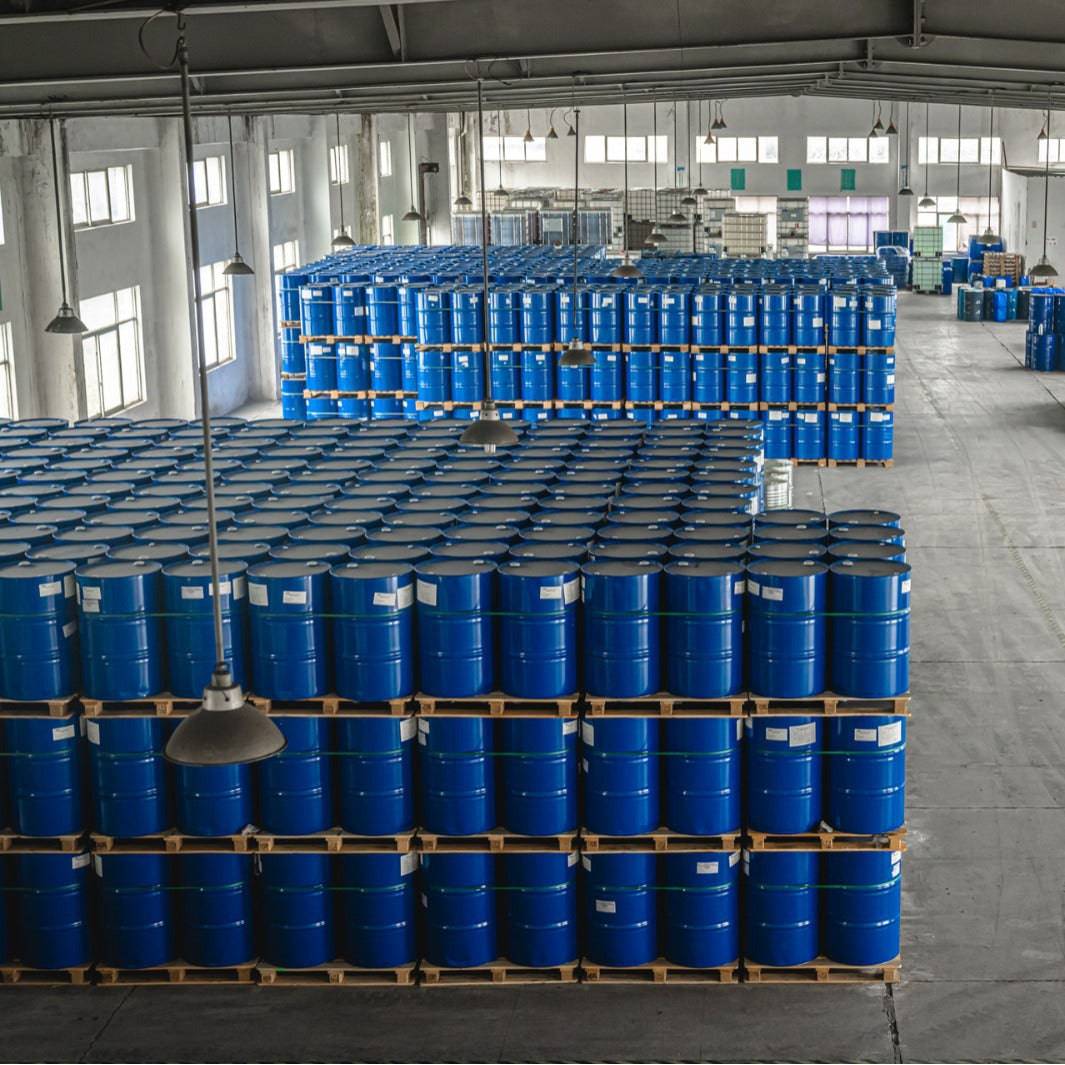How Heat Transfer Fluid Effects the Efficiency of Cooling And Heating Solutions
How Heat Transfer Fluid Effects the Efficiency of Cooling And Heating Solutions
Blog Article
Exactly How Heat Transfer Liquid Contributes to Lasting and Cost-efficient Workflow
In the contemporary commercial landscape, the duty of heat transfer fluids (HTFs) in promoting lasting and inexpensive procedures can not be overstated. These fluids are critical in optimizing thermal management systems, thereby significantly enhancing power performance and reducing operational expenses. heat transfer fluid. The ecological advantages of advanced HTFs, with their high thermal security and low toxicity, are indisputable.
Comprehending Warmth Transfer Liquids
In the world of thermal management, warmth transfer liquids (HTFs) function as important agents for transferring thermal energy from one location to another. These fluids play a crucial duty in various commercial applications, consisting of chemical handling, power generation, and a/c systems. HTFs are especially engineered to operate within a vast array of temperatures, effectively assisting in the transfer of heat while preserving a stable thermal account. Their ability to work under extreme problems-- whether high temperatures or cryogenic levels-- makes them essential in settings demanding accurate thermal control.
The make-up of warmth transfer liquids can differ considerably, consisting of choices such as mineral oils, synthetic oils, glycols, and molten salts. Each type uses distinctive advantages, such as improved thermal security, low thickness, and high boiling points, which are chosen based upon specific functional requirements. In addition, the option of HTF influences not only the efficiency of heat transfer but additionally the longevity and security of the system in which it is employed.
As sectors remain to introduce, the advancement of sophisticated HTFs, defined by their enhanced thermal conductivity and lowered ecological influence, is important for meeting the demands of modern-day thermal administration difficulties.

Enhancing Power Performance

Improving energy effectiveness has ended up being a vital problem throughout numerous sectors, motivating a more detailed exam of warmth transfer liquids' role in optimizing thermal administration systems. These liquids are essential to preserving the wanted temperature in processes, consequently reducing power waste and enhancing total system efficiency. By choosing an appropriate heat transfer liquid, industries can significantly boost their energy performance, bring about lowered energy intake.

Advanced formulations of warmth transfer liquids have been established to withstand extreme temperatures while maintaining security and performance. These innovations extend the operational lifespan of the fluid, decreasing the frequency of replacements and energy-intensive maintenance tasks. Furthermore, the use of synthetic or bio-based fluids supplies additional benefits in regards to reduced environmental effect, lining up with worldwide sustainability objectives. Boosting energy effectiveness via optimal warm transfer liquid selection is not just a technological requirement yet likewise an ecological crucial.
Minimizing Functional Costs
Operational expenses are a considerable consideration for markets seeking to preserve affordable benefit, and the choice of warm transfer liquid plays a vital duty in expense management. Picking an ideal heat transfer fluid can result in substantial cost financial savings by boosting system efficiency and lowering energy intake. High-performance liquids decrease thermal deterioration, which in turn reduces the regularity of fluid substitute and downtime connected with upkeep, thereby lowering functional hop over to here costs.
Additionally, heat transfer liquids with superior thermal security and corrosion resistance prolong the lifespan of devices. This lowers the demand for frequent repair work and substitutes, which can be costly and disruptive to operations. By purchasing top quality fluids, industries can accomplish long-lasting decreases in upkeep costs and boost the dependability of their systems.
Furthermore, progressed warmth transfer fluids commonly show lower viscosity at operating temperatures, which improves pump performance and decreases energy use in fluid circulation. Several contemporary warmth transfer fluids are engineered to run effectively over a vast temperature variety, minimizing the need for numerous liquid kinds, thereby enhancing inventory requirements and decreasing associated costs.
Environmental Effect Reduction
The press towards decreasing environmental impact has actually gotten momentum in industries leveraging warmth transfer liquids. Warm transfer fluids (HTFs) play a critical duty in this shift, providing opportunities reference to enhance power effectiveness and lower discharges - heat transfer fluid.
Additionally, using innovative heat transfer liquids adds to improved system performance, reducing the general power intake. This reduction not just leads to expense financial savings but additionally reduces co2 discharges, aiding in the battle versus climate adjustment. Fluids that are biodegradable and recyclable additionally enhance sustainability initiatives, as they diminish waste and promote round economic climate methods.
Additionally, including HTFs right into closed-loop systems stops fluid loss and contamination of the surrounding setting. This method makes sure that liquids are reused, decreasing the demand for new sources and limiting waste generation. By accepting these eco mindful techniques, industries can substantially decrease their eco-friendly effect while keeping high operational efficiency, lining up with international sustainability objectives and regulatory demands.
Picking the Right HTF
Choosing the suitable heat transfer fluid (HTF) is a vital action in advancing environmental sustainability within commercial processes - heat transfer fluid. A suitable HTF needs to possess a high thermal capability, reduced viscosity, and high thermal conductivity to guarantee efficient heat transfer.
When picking an HTF, it is essential to consider its compatibility with system products to stay clear of deterioration and chain reaction. This makes certain durability and decreases upkeep prices. The liquid must be non-toxic and eco-friendly, lessening its ecological footprint and making webpage certain compliance with environmental guidelines. The lifecycle cost of the HTF, incorporating purchase, operation, and disposal, should additionally be reviewed to guarantee financial expediency.
Verdict

Report this page